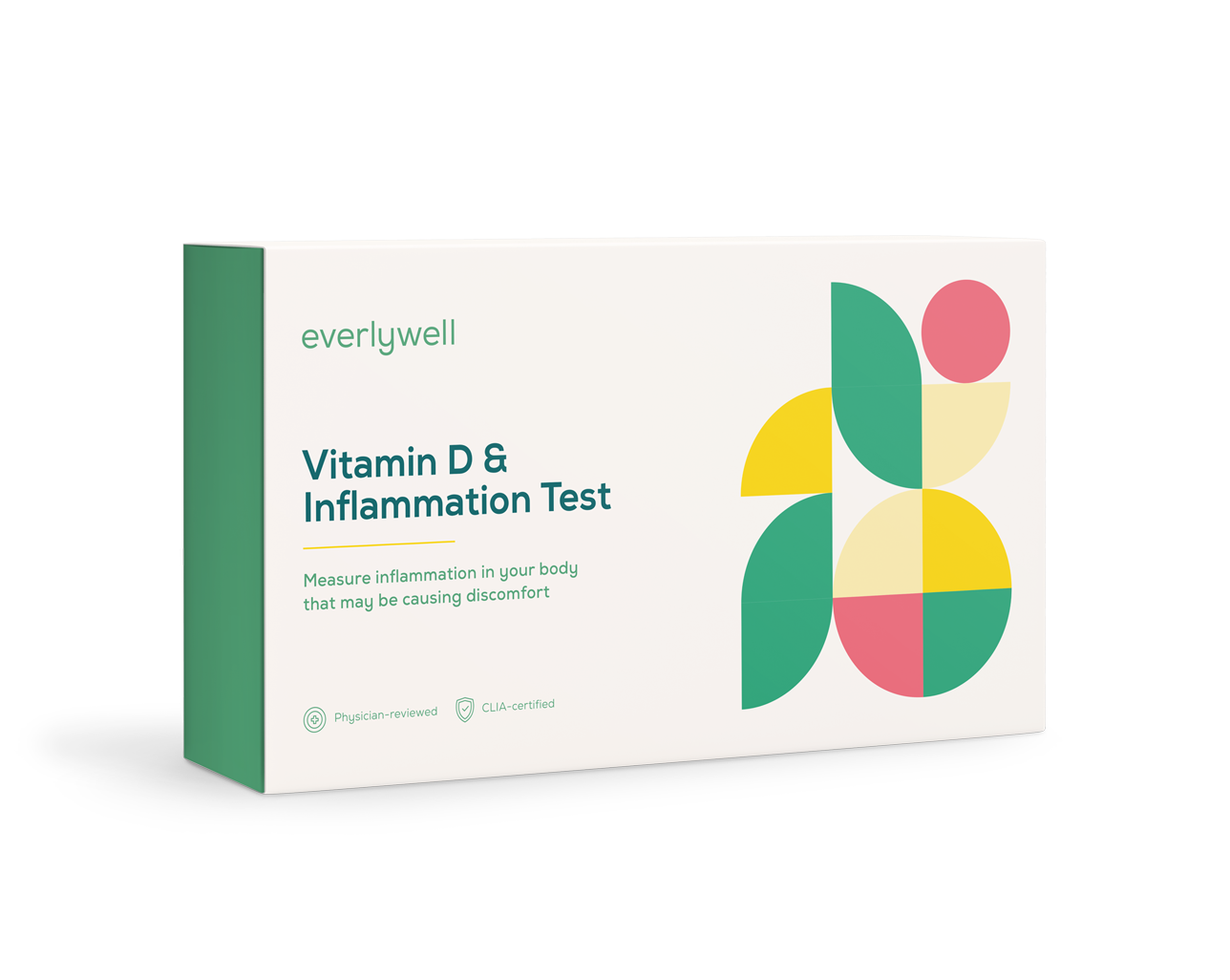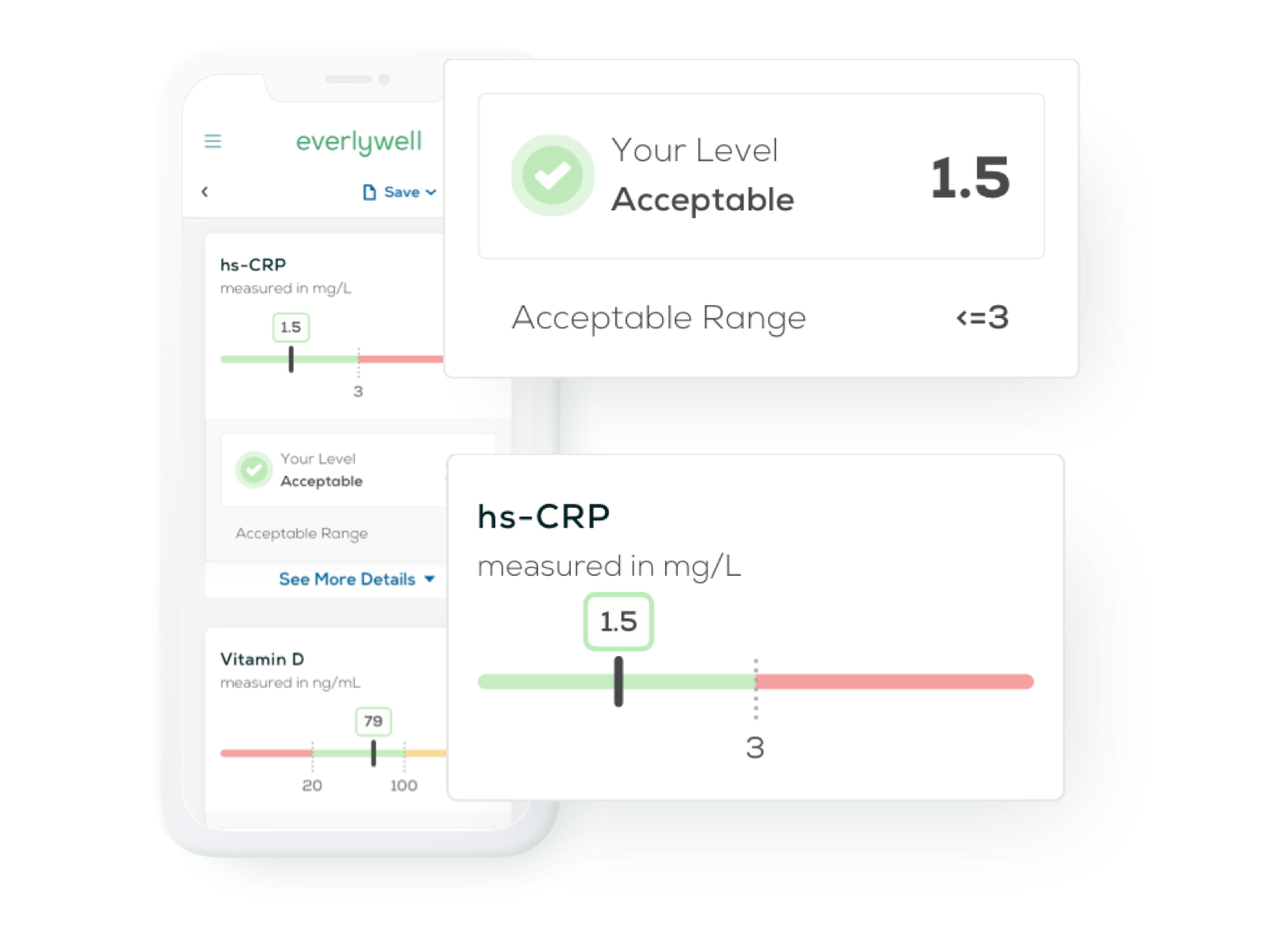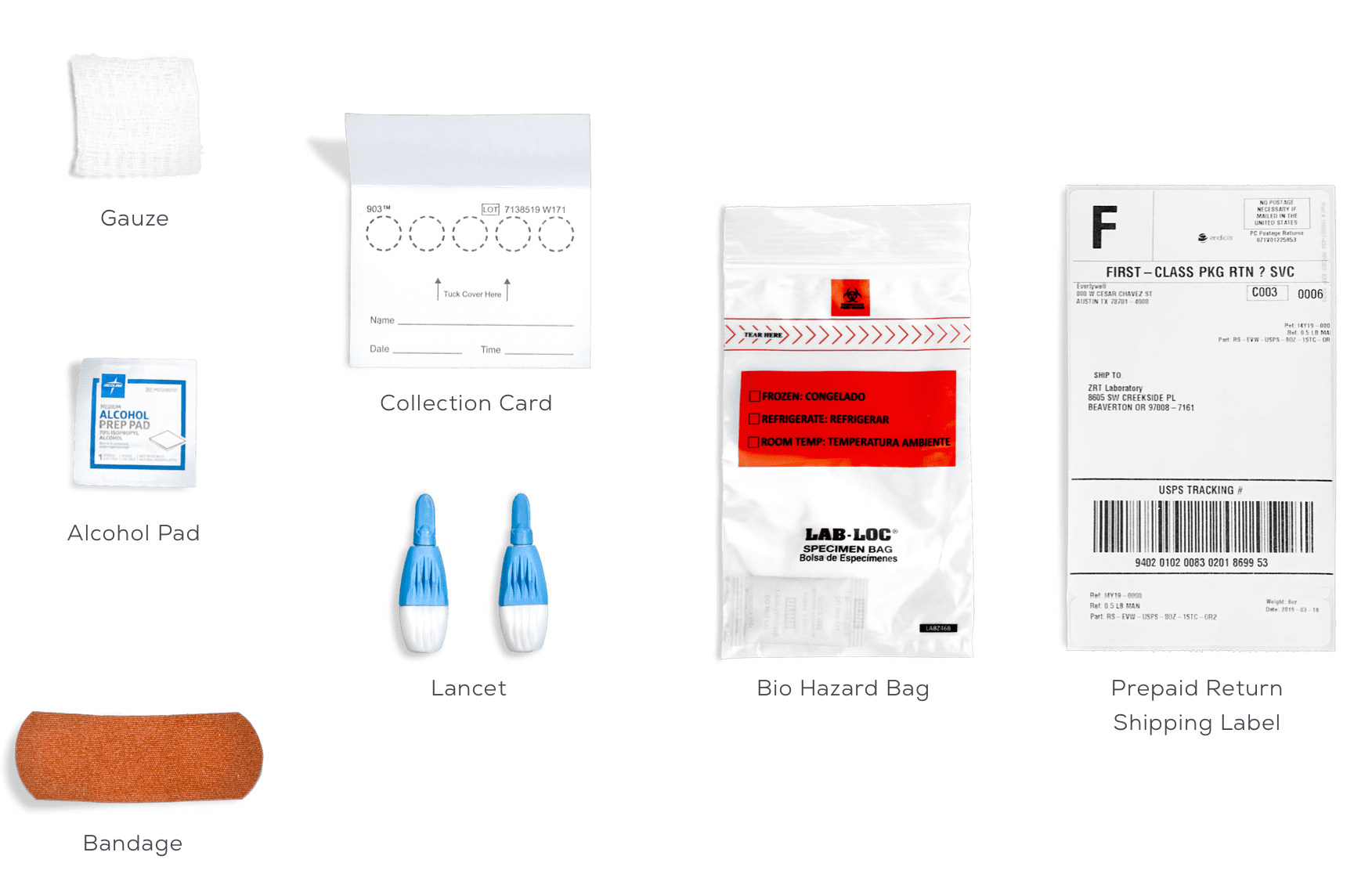What is inflammation?
Inflammation is the body’s immune response to an irritant. The irritant could be trauma from an injury, chemicals, or an infection. The body responds with pain, swelling, and redness, which are all part of the initial inflammatory response.
Short-term inflammation is referred to as acute inflammation and is usually self limiting. Acute inflammation is often a sign your body is working to fight an infection or heal itself. In contrast, when inflammation persists, or is in response to the body's own cells, it is referred to as chronic inflammation. In chronic inflammation, your body’s immune system continues to send out it’s main defenders, white blood cells, and other messengers to fight. Sometimes these defenders can end up attacking nearby healthy tissues or cells. This immune system response can persist for prolonged periods of time or even indefinitely. Our inflammatory marker test measures your body’s level of a protein whose levels are elevated when inflammation is present (acute or chronic).
Chronic inflammation has been implicated in a wide variety of disorders, including:
- Cardiovascular disease, including coronary artery disease, a common heart condition that increases risk of a heart attack
- Diabetes
- Dementia
- Alzheimer's Disease
- Cancer
- Autoimmune diseases, such as lupus, celiac disease, and rheumatoid arthritis
- Inflammatory bowel disease, including Crohn's disease and ulcerative colitis
C-Reactive Protein, or CRP, is a protein that increases in the blood with inflammation. The high-sensitivity CRP blood test (hs-CRP) can detect even small elevations of CRP protein as an indicator of low levels of inflammation in the body.
Wondering how to test for inflammation?
An inflammatory marker test measures if you have elevated CRP concentration in your blood and can help you understand if there are inflammatory processes occurring in your body. Our blood test for inflammation can help you identify elevated levels of hs-CRP and is a convenient way to learn about inflammation that may be occurring in your body.
Everlywell has included a vitamin D screen as part of our hs-CRP blood test. Though vitamin D is a valuable marker on its own, there is evidence that low vitamin D levels (such as those seen in vitamin D deficiency) are often seen in individuals with elevated CRP concentration.


